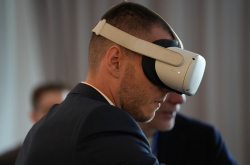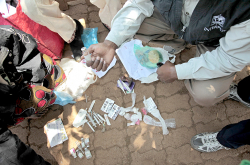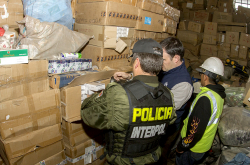Rather than making you better, some medicines can in fact be bad for you. Whatever your illness, it’s important to get your medicines from a regulated source.
This applies to all types of medicines for all types of conditions, but has taken on a new dimension with the outbreak of the COVID-19 virus.
COVID-19 (coronavirus)
With demand for personal protection and hygiene products growing exponentially, criminals are seeking to make a profit by selling substandard or counterfeit items such as surgical masks, and even outright fake ‘coronavirus medicine’.
False claims abound of medicines which can protect against, or even cure, the virus. But when purchasing these, you do not know what sort of medicine you are actually receiving or if it is safe to consume. What sounds like a cure could actually be harmful to your health.

What are the risks?
Fake medicines can be dangerous for a number of reasons. Perhaps they have been falsified or deliberately mislabelled. Illicit medicines often contain the wrong amount of active ingredient (too little, too much, or none at all). Some fake medicines have been found to contain mercury, arsenic, rat poison or cement.
In other cases, the medicines may be genuine but have been stolen and then badly stored or may have expired. This means they could be ineffective or contaminated.
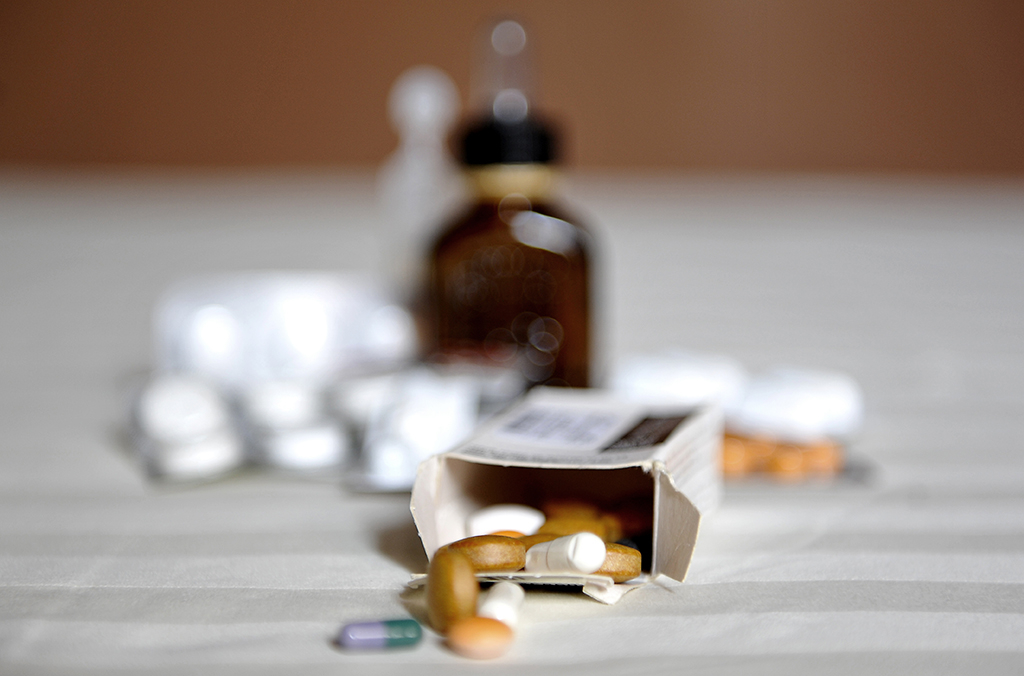
What products are affected?
A wide range of products are affected, including:
- Products and medicines related to COVID-19, including disposable surgical masks, hand sanitizers, antiviral and antimalarial medication, vaccines and COVID-19 test kits;
- 'Lifesaving medicines' such as those used to treat cancer, malaria, HIV and other serious illnesses;
- ‘Lifestyle' medicines, such as erectile dysfunction and weight loss medicines;
- Medical devices ranging from contact lenses to condoms; syringes to surgical instruments; and wheelchairs to radiotherapy machines.
How can we spot fake medical products?
Counterfeit medicines are often packaged to a high standard with fake pills that look identical to the genuine ones. Sometimes a laboratory test is the only way to identify the difference.
It is essential to take care when buying your medicines, especially online.
Look out for the “six Ps”:
- Place - Never buy medicines from unknown websites or in a marketplace.Buy medicines only from licensed suppliers who display an authenticity certificate. If you are unsure about a supplier’s credentials, check the list of registered dispensaries at your local health regulatory body. This applies to suppliers both online and offline.
- Prescriptions - Only buy medicine that has been prescribed by your doctor or healthcare professional.When buying online, make sure the website requires you to present a prescription. Do not buy from websites that offer prescriptions on the basis of questionnaires or do not have a contactable pharmacist.
- Promises - Be wary of pharmacies that offer “too good to be true” promises. False promises to watch out for are “cures all types” of a major illness, “money-back guarantee”, “no risk” or “limited supply – buy in advance”.
- Price - Check the price against products you usually buy or with reputable providers. If it is substantially cheaper, it is likely to be a fake.
- Privacy - Do not supply any financial information to a website, unless you are sure it has a secure online payment system.The trade in fake medical products has also been linked to credit card fraud and identity theft. Do not reveal any personal information beyond appropriate medical details.
- Product - Compare the medicines against your usual prescription. A medicine is fake if:
- It contains too much, too little or any different ingredients;
- Claims to have different properties or side-effects;
- Has a different shape, size, taste or colour;
- Is not correctly labelled or not labelled at all;
- Has an out-of-date or missing expiry date;
- Does not contain information on how to store the medicine;
- The packaging looks poorly constructed or appears to have interfered with;
- There are spelling or grammatical errors on the packaging or instructions.
If you’ve seen it, report it!
If you think you have used a fake medical product, contact the pharmacy where you purchased it and your healthcare professional.
If you suspect you have seen fake medical products for sale (either online or offline), report it to your local police or health regulatory authority.
Related news
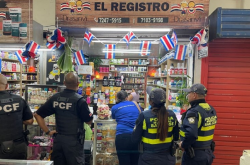
Global illicit medicines targeted by INTERPOL operation
31 October 2023